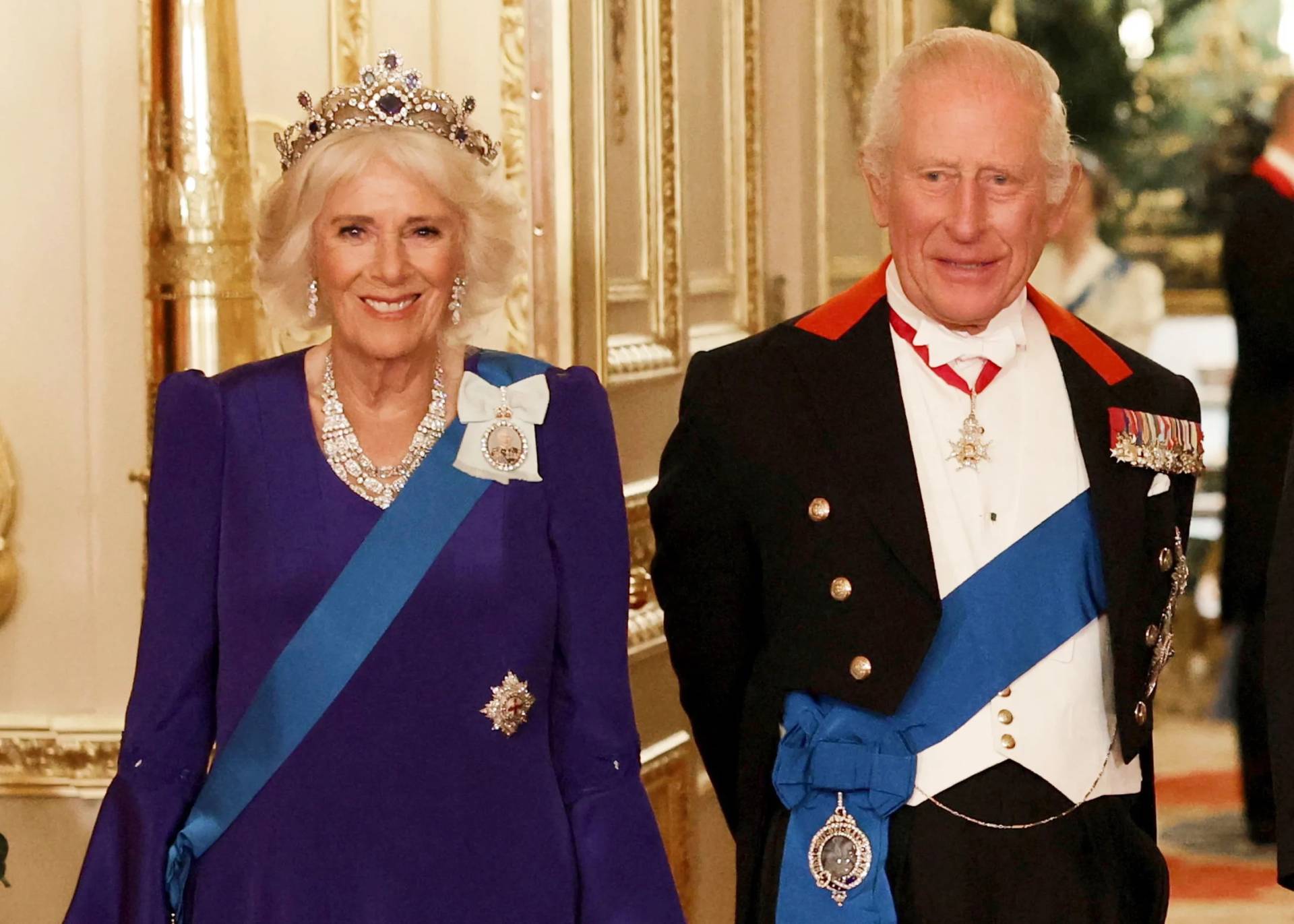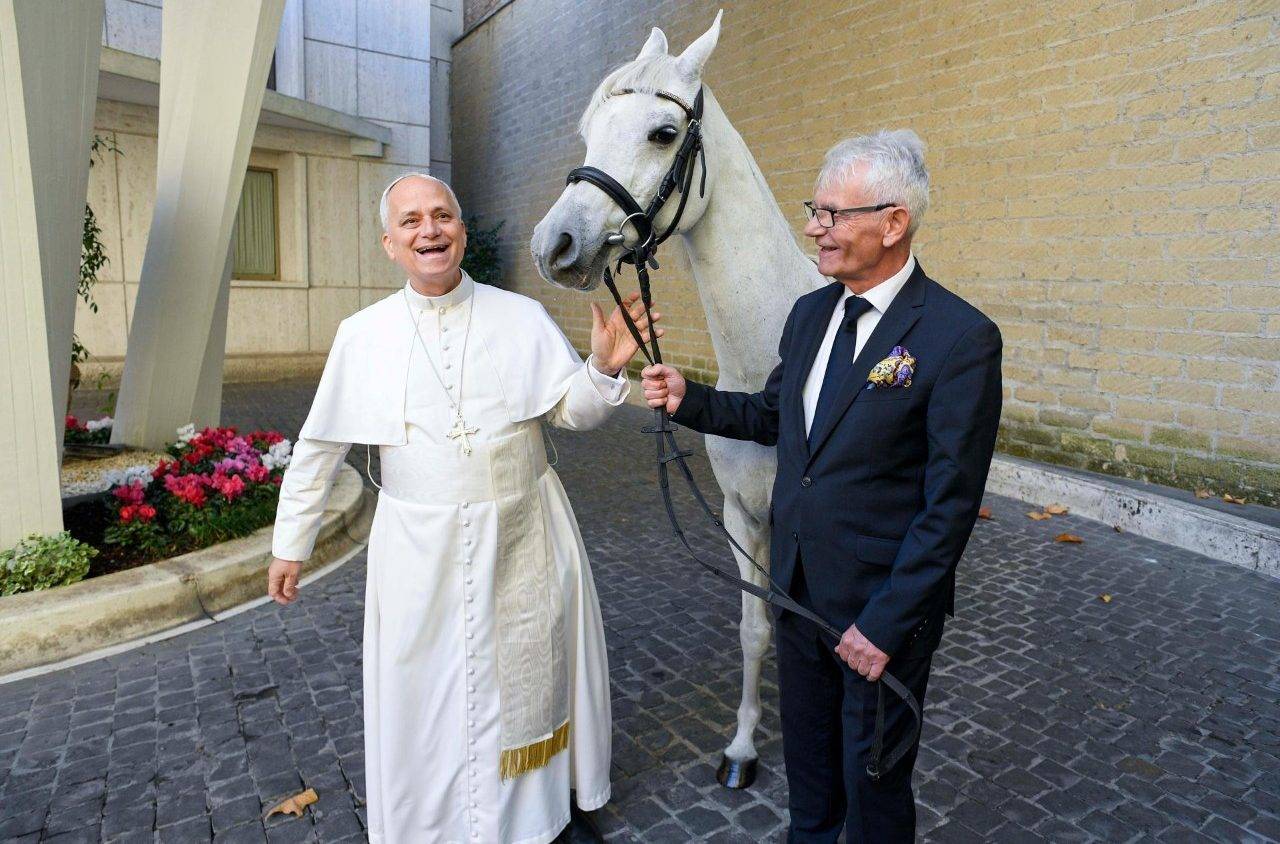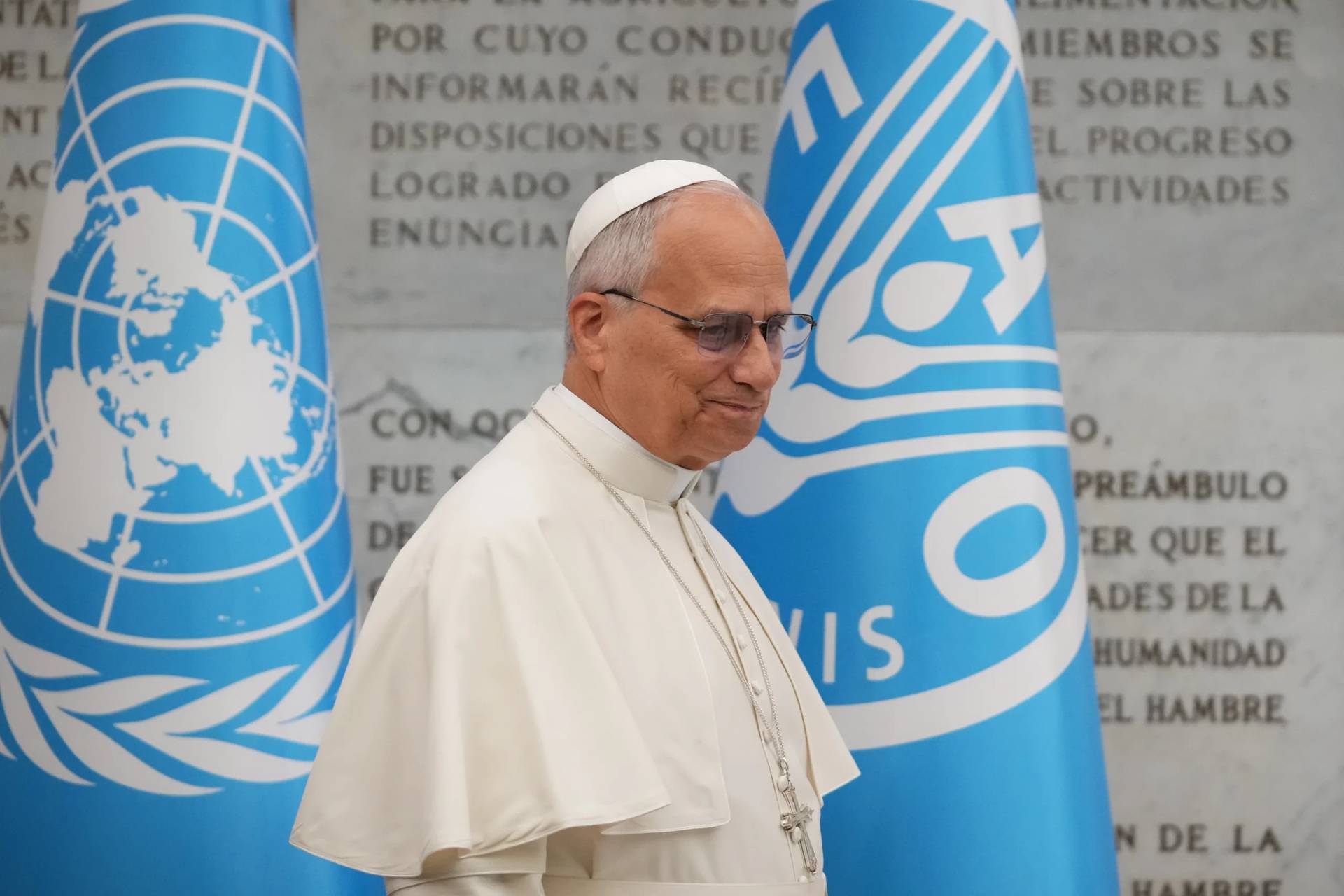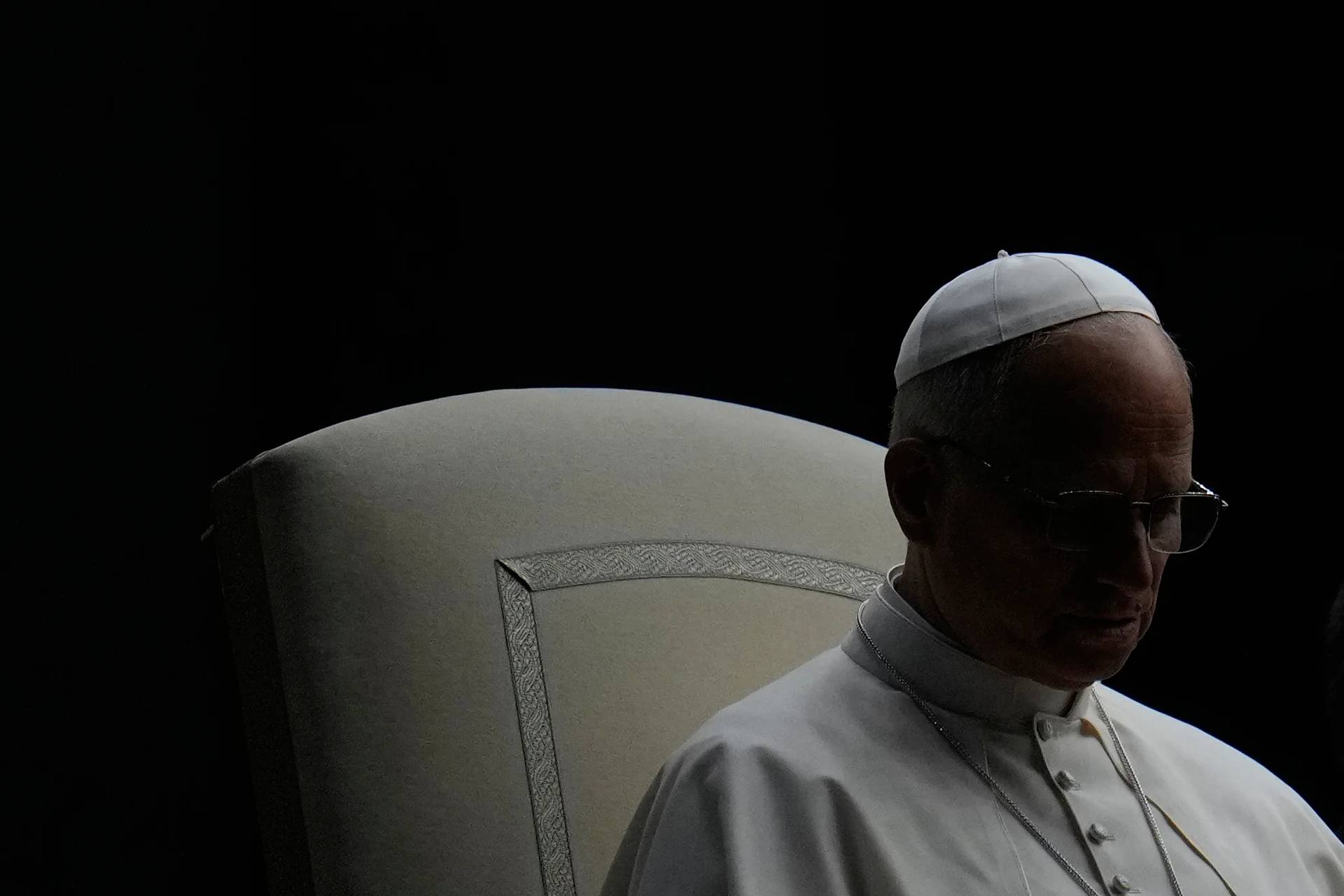Pope Francis’ encyclical letter on the environment and human ecology deftly weaves together the question of concern for nature with care for people — especially the most vulnerable.
This Pope had already revealed on multiple occasions his understanding that abortion is a “scourge” and that “a just society recognizes the primacy of the right to life from conception to natural death.” Using his characteristically colorful language, Francis has compared abortion activists with the Italian Mafia, drawn a parallel between abortion and Herod’s slaughter of the innocents, and wondered aloud how “modern” societies can get up in arms over parents spanking their children when they have laws “allowing them to kill their children before they are born.”
Now in his second encyclical, Laudato Si’, the Pope has integrated the care and protection of the unborn with responsible stewardship of creation. In rather blunt language, Francis has stated that concern for the protection of nature is simply “incompatible with the justification of abortion.”
This explicit disassociation of ecological engagement from the taking of unborn life will no doubt encourage those who had been worried that Francis’ environmentalism was dangerously close to being coopted by international programs advocating abortion as an essential means of population control.
The pope takes a different approach.
Along with decrying the “forms of international pressure which make economic assistance contingent on certain policies of ‘reproductive health,’” Francis invites his readers to a change of mentality regarding population and poverty. As he has done on prior occasions, he urges all to employ more creative thinking to come to the aid of those in need.
“Instead of resolving the problems of the poor and thinking of how the world can be different,” he says with evident disapproval, “some can only propose a reduction in the birth rate.”
Francis, in fact, criticizes a mentality that views “men and women and all their interventions as no more than a threat, jeopardizing the global ecosystem,” and which therefore concludes that “the presence of human beings on the planet should be reduced.”
Indeed, he counters, it must be recognized that “demographic growth is fully compatible with an integral and shared development.”
The Pope explains his logic by drawing a continuum between concern for vulnerable life and the defense of unborn children. “How can we genuinely teach the importance of concern for other vulnerable beings, however troublesome or inconvenient they may be,” he asks, “if we fail to protect a human embryo, even when its presence is uncomfortable and creates difficulties?”
This is part of what Francis sees as the “interconnectedness” of all of nature, and of morality as well. It is within a section on relativism — a favorite theme of the Pope’s predecessor, Benedict XVI — where he expounds on the underlying problem with a mentality that accepts abortion. “Is it not the same relativistic logic which justifies buying the organs of the poor for resale or use in experimentation, or eliminating children because they are not what their parents wanted?” he queries.
For the pope, this interconnectedness means that a person who cares for the protection of an endangered species or worries about the melting of the polar ice cap must also care for the unborn. “When we fail to acknowledge as part of reality the worth of a poor person, a human embryo, a person with disabilities — to offer just a few examples — it becomes difficult to hear the cry of nature itself; everything is connected,” he said.
Logically, recognizing the dignity of an unborn human being carries with it other corollaries besides an opposition to abortion. It also entails respect for the unborn in other contexts as well, such as embryonic stem cell research and other forms of experimentation.
“There is a tendency to justify transgressing all boundaries when experimentation is carried out on living human embryos,” Francis said. “We forget that the inalienable worth of a human being transcends his or her degree of development.”
All these interrelated statements, interspersed throughout a text devoted to the care of creation, are indicative of a pastoral sensitivity that transcends the entrenchment so common in our modern culture wars.
With a gentle yet firm hand, Pope Francis seems to have achieved what many aspire to without success: to explain the consistent teaching of the Church regarding human life with winsomeness, personal conviction, and a good dose of humanity.
















